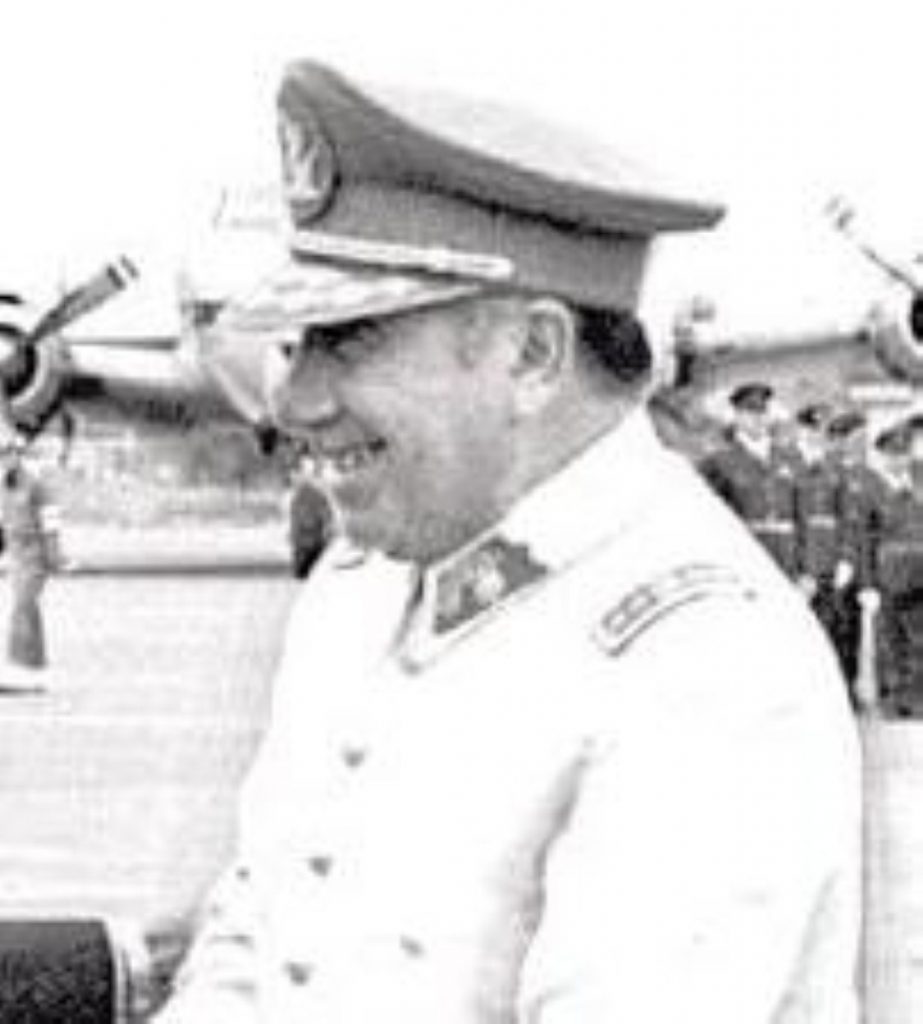Pinochet death prompts mixed reaction
Baroness Thatcher is said to be “greatly saddened” by the death of former Chilean dictator Augusto Pinochet – although the government’s response was more ambivalent.
The former Conservative prime minister was a supporter of the general and argued against his arrest in London in 1998, on charges of terrorism, genocide and torture.
Her spokesman said she would not be issuing a formal statement but sent her “deepest condolences” to the widow and family of the 91-year-old, who died this weekend in hospital in Santiago.
But foreign secretary Margaret Beckett’s response was more muted, reflecting the fact that it was the Labour government who ordered Pinochet be arrested eight years ago, although it allowed him to leave in 2000 on the grounds that he was too ill to stand trial.
“We note the passing of General Pinochet and want to pay tribute to the remarkable progress that Chile has made over the last 15 years as an open, stable and prosperous democracy,” Ms Beckett said.
Pinochet led the military coup that unseated the Socialist government of Salvador Allende in September 1973. A crackdown on dissenters followed, in which about 3,000 people are said to have been killed and thousands more tortured or exiled.
He was a British ally until he lost power in 1990, and supported the country during the 1982 Falklands war with Argentina. When the Labour government ordered his arrest in London in 1998, Baroness Thatcher had tea with him to publicly show her support.
However, he was allowed to leave the UK in 2000, claiming he was too ill to face trial. The move was fiercely criticised but today Jack Straw, who was home secretary at the time, insisted he had no option but to send him home.
“I appointed four outside medical experts who I was told were among the toughest and the most experienced of forensic medical experts in the country,” he told Today.
“They presented me with clear and unanimous conclusions that Pinochet would be unfit to stand trial in the United Kingdom. In those circumstances I had no option but to release him.”
Mr Straw admitted he had been “pretty annoyed” when the general appeared to recover on his return to Chile, saying: “I wondered if not only I had been duped but also these four medical experts who were people who were trained to detect any deception.”
However, former Tory chancellor Lord Lamont told the same programme that General Pinochet should never have been arrested, both because the Chilean government opposed the move and because of the “unfortunate precedent” of arresting heads of state.
Noting that it was Spain which issued the charges against the general, he said: “Above all I felt this was a very difficult issue which Britain and Spain were not in a position to judge, Spain having not prosecuted a single person from the Franco era and Britain having produced amnesties and given ministerial posts to people who were terrorists.”
Lord Lamont added that if Pinochet had not come to power, Chile could have turned to communism and that would have altered the whole history of the Cold War.
But Amnesty International said: “Pinochet’s death should be a wake-up call for the authorities in Chile and for governments everywhere, reminding them of the importance of speedy justice for human rights crimes, something Pinochet himself has now escaped.”





-01.png)